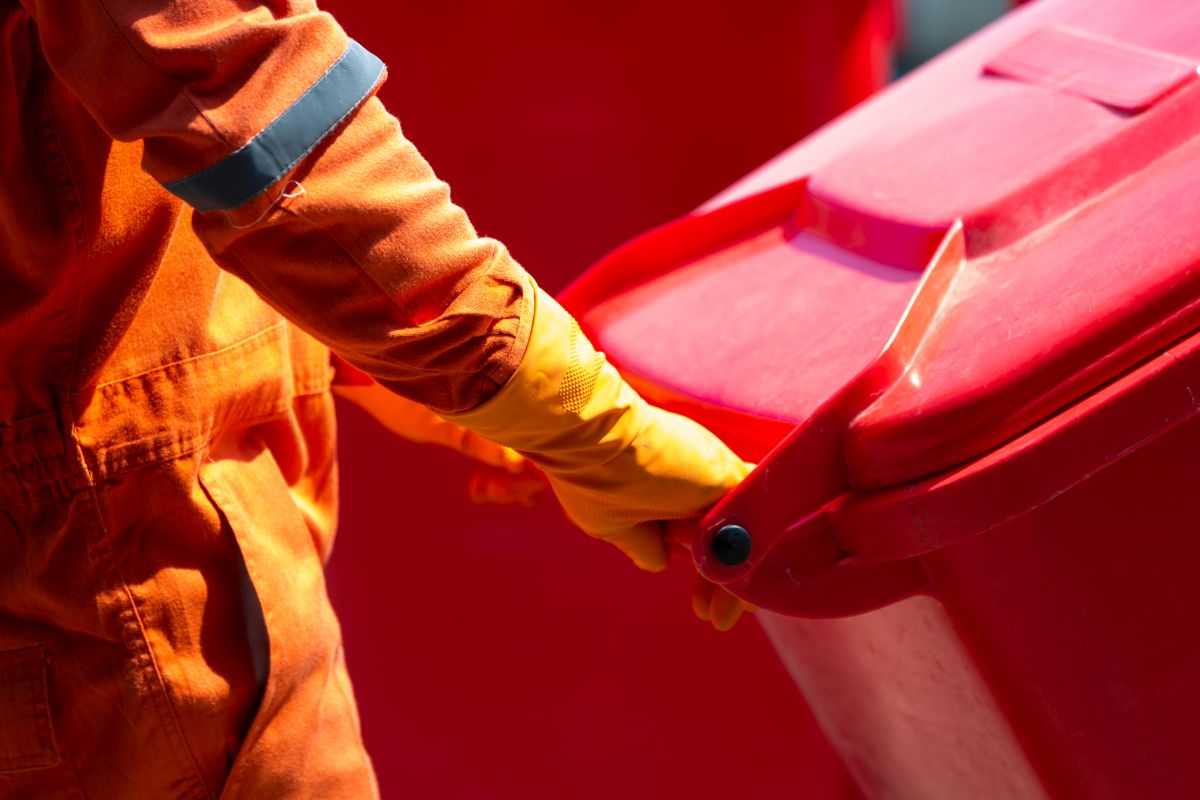What Is Clinical Waste Disposal?
Clinical waste disposal refers to the safe handling, treatment, and disposal of waste materials generated from healthcare activities that may pose a risk of infection or harm to humans and the environment. This type of waste is commonly produced in hospitals, dental clinics, laboratories, nursing homes, and veterinary practices. Nucore Medical Waste Services provides the same in Houston, Cypress, Pasadena, TX, Webster, TX, Deer Park, TX and surrounding areas.
- Clinical waste includes items contaminated with bodily fluids such as blood or urine, used medical instruments (like needles and scalpels), swabs, dressings, personal protective equipment (PPE), human tissue, pharmaceuticals, and microbiological cultures. Because this waste can carry pathogens or toxic substances, it must be managed with stringent procedures to minimize risk.
- Disposal of clinical waste begins with proper segregation at the source. Waste is typically sorted into color-coded containers—each color representing a different category, such as sharps, infectious waste, or pharmaceutical waste. For instance, yellow bins are often used for highly infectious materials, while purple bins are for cytotoxic and cytostatic drugs.
- Once collected, the waste is transported by licensed carriers to specialized treatment facilities. Here, it undergoes methods such as incineration, autoclaving (steam sterilization), or chemical disinfection depending on the type of waste. Incineration is common for hazardous and infectious waste as it effectively destroys pathogens and reduces volume. Autoclaving is used for decontaminating certain waste types before safe disposal.
- Strict legal regulations govern clinical waste disposal to protect public health and ensure environmental safety. In the UK, for example, the Health and Safety Executive (HSE) and the Environment Agency set standards for waste management. Non-compliance can result in serious penalties for healthcare providers.
Ultimately, responsible clinical waste disposal ensures that dangerous materials are handled safely from the point of generation to final destruction, reducing the risk of infection, contamination, and environmental damage. It is a critical aspect of healthcare operations and public health management. Want to discuss this further? We’re available by phone or email.

